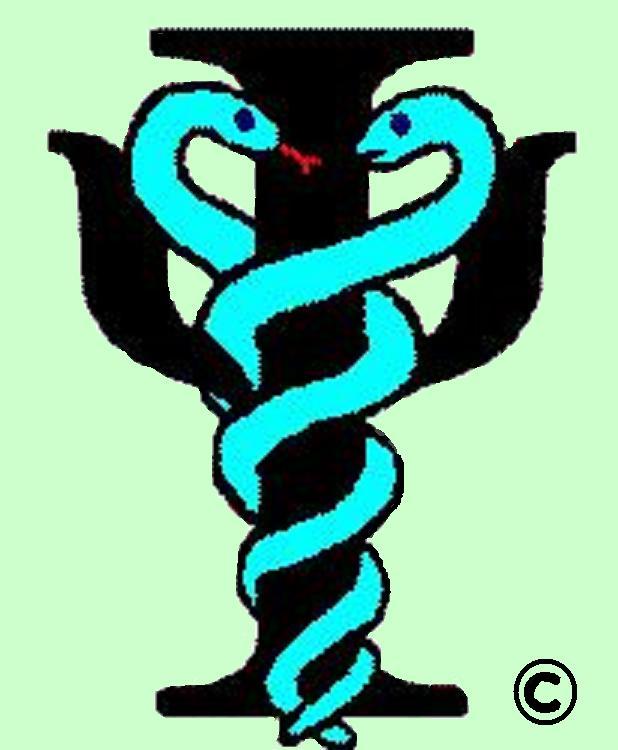

|
Neurobehavioral Medicine Consultants
|
|
| |
|
Pain Management
It is these psychological components of the pain syndrome that the clinical psychologist deals with when assessing a patient's pain and making recommendations for intervention. Dr. Yerzley teaches patients essential skills and strategies to manage their pain, allowing them to engage in their daily activities. She works closely with each patient's physician and monitors the patient's compliance with medication regimens and other medical interventions.
Since every patient experiences pain differently, a thorough assessment covering
physiological, social and psychological factors is an essential prerequisite to
mapping a course of treatment. A pain management therapy course includes an initial
evaluation, during which Dr. Yerzley gathers data about medication, stressors, and
behavior that may affect the patient. She also takes a complete history of
biological, psychological, and social factors that may be involved in the patient's
pain perception process, and may administer psychological tests such as the Pain
Patient Profile (P-3). She encourages active patient participation in the treatment
process and works with each patient to identify goals which the patient will see as
successful outcomes. Ongoing education regarding expected responses to treatment is
critical in promoting the patient's role in the process.
|